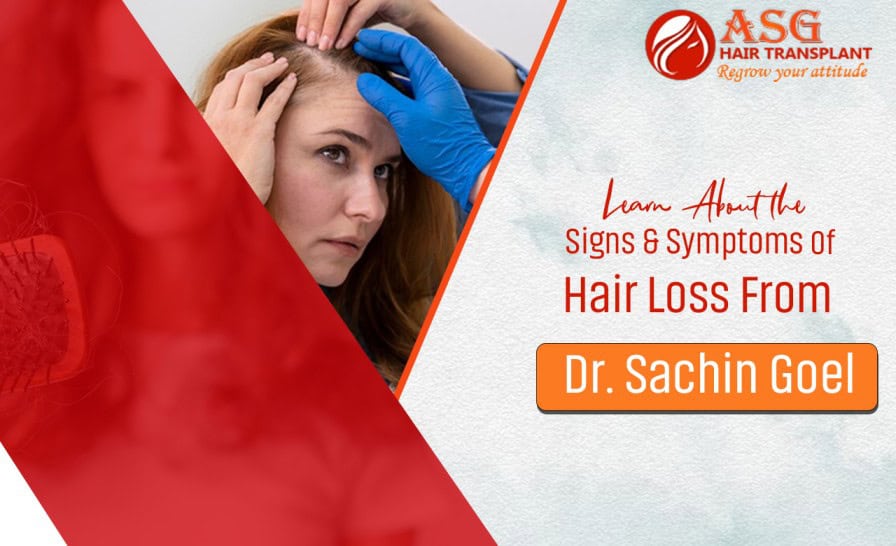Female pattern baldness is a pattern of hair loss, also called alopecia. Aging, hormones, genetics, and many other factors cause hair loss. There are many types of hair loss in women, such as androgenetic alopecia, anagen effluvium and telogen effluvium. Most commonly, stress, depression, chemical hair treatment, and medication can cause shedding, bald spots, thinning hair and hair loss. It might be permanent or temporary. Females experience unexpected, heavy loss of hair. Humans shed between 50 to 100 single hairs per day. If you feel severe hair loss that does not regrow, don’t worry; contact the best hair transplant in Pune. It is the best option to restore your hair.
Causes Of Hair Loss In Women
- Stress: Stress leads to hair thinning in women. Stress and hair loss don’t have to be permanent. If you have had the desire to pull out the hair, it may be stress-induced trichotillomania.
- Hormonal Imbalance: Women can develop hormonal imbalances that can cause hair loss. Often, treating the imbalance helps hair regrow. However, most people think of estrogen or testosterone when they think of a hormonal imbalance; issues with the thyroid can also lead to hair thinning.
- Weight Loss: Temporary hair loss and telogen effluvium is often seen after weight loss. It occurs 3 to 4 months after weight loss.
- Genetic: The common cause of hair loss is a hereditary condition with aging. This condition is called androgenetic alopecia, a female pattern of baldness.
- Thyroid Disease: Several prolonged hypothyroidisms can cause hair loss. The loss is spread and involves the entire scalp rather than discrete areas. The hair appears uniformly sparse.
- Childbirth: Many moms experience uncontrolled hair shedding after pregnancy. Hair shedding usually occurs about five months after giving birth. By their child’s first birthday, most women experience regrowth of their hair. If your hair does not regain its normal fullness after one year, a hair transplant may be the best choice. The cost of a hair transplant in India is also affordable.
- Autoimmune Disease: Alopecia is a medical term for hair loss or baldness; areata means that it occurs in small, random areas. Autoimmune is a disorder that causes hair loss anywhere. But it most commonly affects the scalp.
- Drugs: Many drugs are thought to cause hair loss, including acne medication containing vitamin A (retinoid) antibiotics and antifungal drugs. While excessive drugs can cause many health problems, the most common drugs that cause hair loss.
- Iron Deficiency: Iron is a vital component in enzymes that help cells to grow. Severe iron deficiency anemia can cause hair loss; this includes androgenetic alopecia or pattern hair loss.
- Medications: Medications such as chemotherapy, vitamin A and antibiotics can cause hair loss. Including hormone therapy may cause permanent hair loss.
Conclusion:
Hair loss is causes for many reasons, such as medications, weight loss, childbirth, thyroid and autoimmune disease, etc. If your hair does not regrow its normal fullness after a specific period, then don’t worry. A hair transplant in India is the best way to restore your hair.


